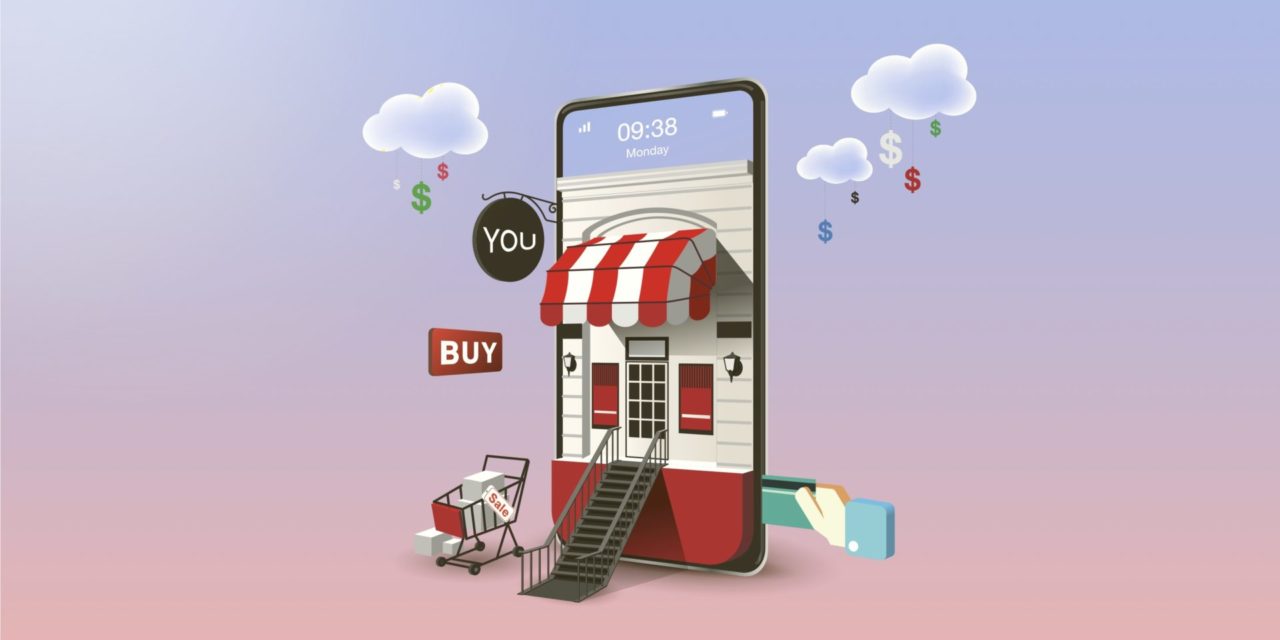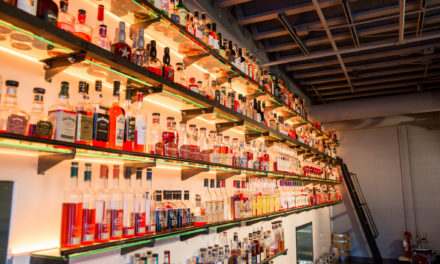Spirits retailers have long invested in top-quality brand marketing, from lavish holiday print advertising to special edition packaging. What this approach lacks, however, is attention to the individual customer. Today, consumers assume that brands know a lot about them, and they expect to get relevant marketing as a result. Research shows that 80 percent of consumers are more likely to make a purchase when they get a personalized experience.
Personalized experiences aren’t just for in-person situations. Enter personalization, a digital marketing approach that lets spirits brands customize marketing and advertising based on unique customer insights, such as where they’re located, what they’ve bought or searched for in the past, and even weather patterns. Often, spirits brands are limited by their distribution channels and lack of customer data, but personalization can be based on insights drawn from many elements of customer behavior.
The Scotch Malt Whisky Society (SMWS) is a members-only subscription whiskey club that recently embraced personalization in its shift from “bottle to customer.” SMWS had designed its entire marketing program around top-quality spirits, with events, content, and advertisements focused on the unique origins and properties of each bottle it represented. But despite its premium products, it was losing customer interest at key places on its website.
In response, SMWS decided to take customer insights and develop a more personalized marketing approach. However, rather than just personalize one creative element, such as a homepage creative, it decided to look at weak points across the entire customer lifecycle and make small but powerful fixes in multiple places.
For example, although only members are able to purchase products online, SMWS created triggered messaging to entice people to become members as they browsed the site, with special personalized incentives based on information it had gathered about them. The society also personalized invitations to events: Rather than promoting events to its entire membership, it started tailoring invitations based on location and other factors. Throughout a member’s first year, SMWS created personalized content based on that member’s behavior, resulting in an improved membership renewal rate.
The goal of adding small doses of personalization across the entire customer journey has had a lasting impact. A personalized approach to marketing can be successful without having direct customer purchase data or access to personalized information. And personalization isn’t just for heavy digital marketers. Traditional brands with offline marketing channels can also benefit.
Just like a spirits brand probably wouldn’t create a winter-themed cocktail event in Florida, personalization now means that same spirits brand doesn’t have to market content about winter-themed cocktails to a Florida-based visitor to its homepage. Every element of the customer lifecycle has the potential to be personalized.
At its best, personalized marketing takes the best of in-store, “personal” marketing to more channels without sacrificing the design and integrity of the brand. Consumers have always wanted a personal touch. When it comes to spirits—a category many consumers are passionate about—there are now many small ways for brands to deliver those perks.

Lisa Kalscheur is CMO at Kibo, a portfolio company of Vista Equity Partners. Kibo acquired Monetate in October 2019, where Kalscheur served as CMO. There, she transformed the marketing organization across all functions including product marketing, lead generation, and thought leadership. In previous roles, she led the evolution of many high-growth technology companies, including at NewsCred and AppNexus.











